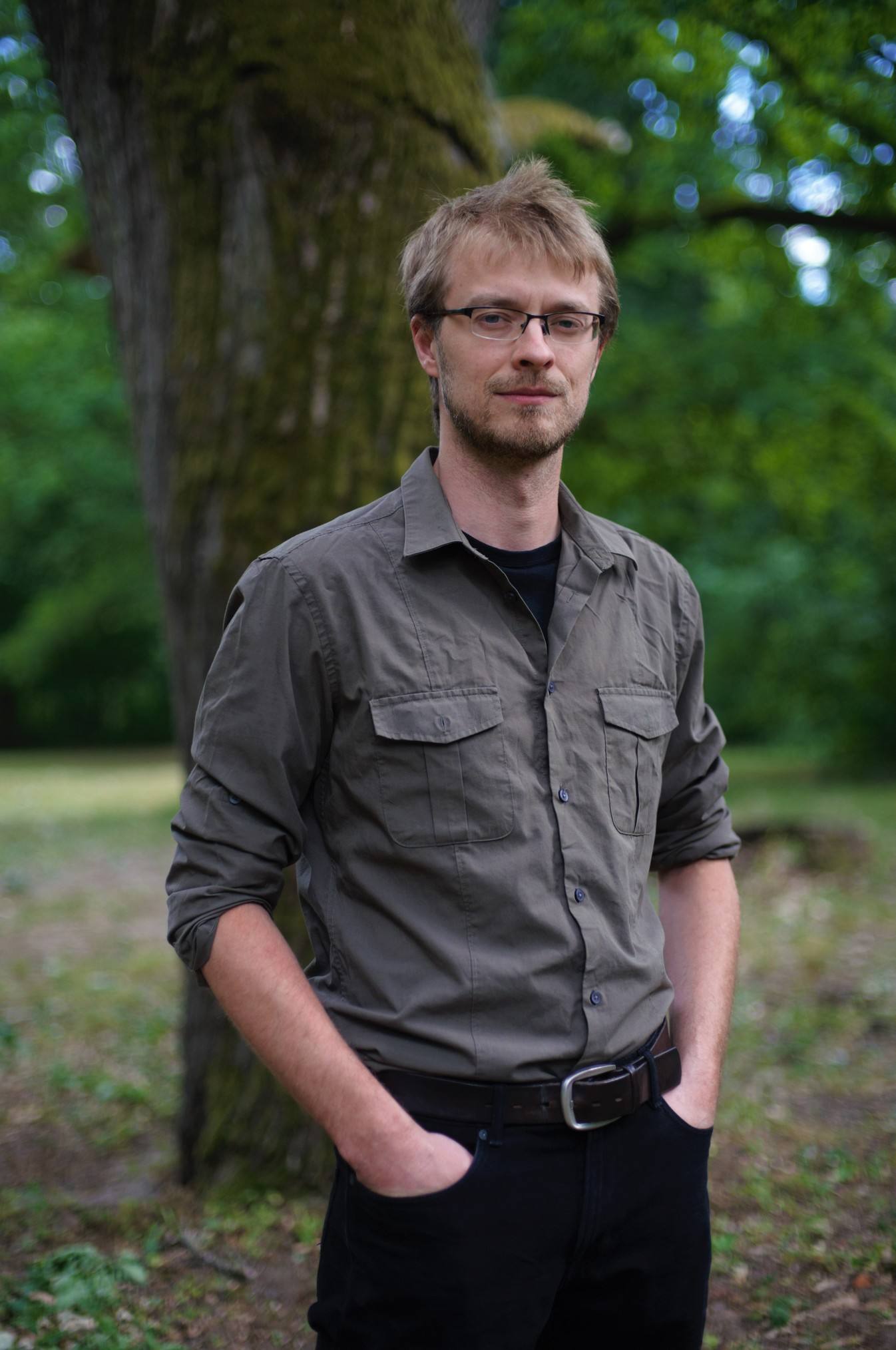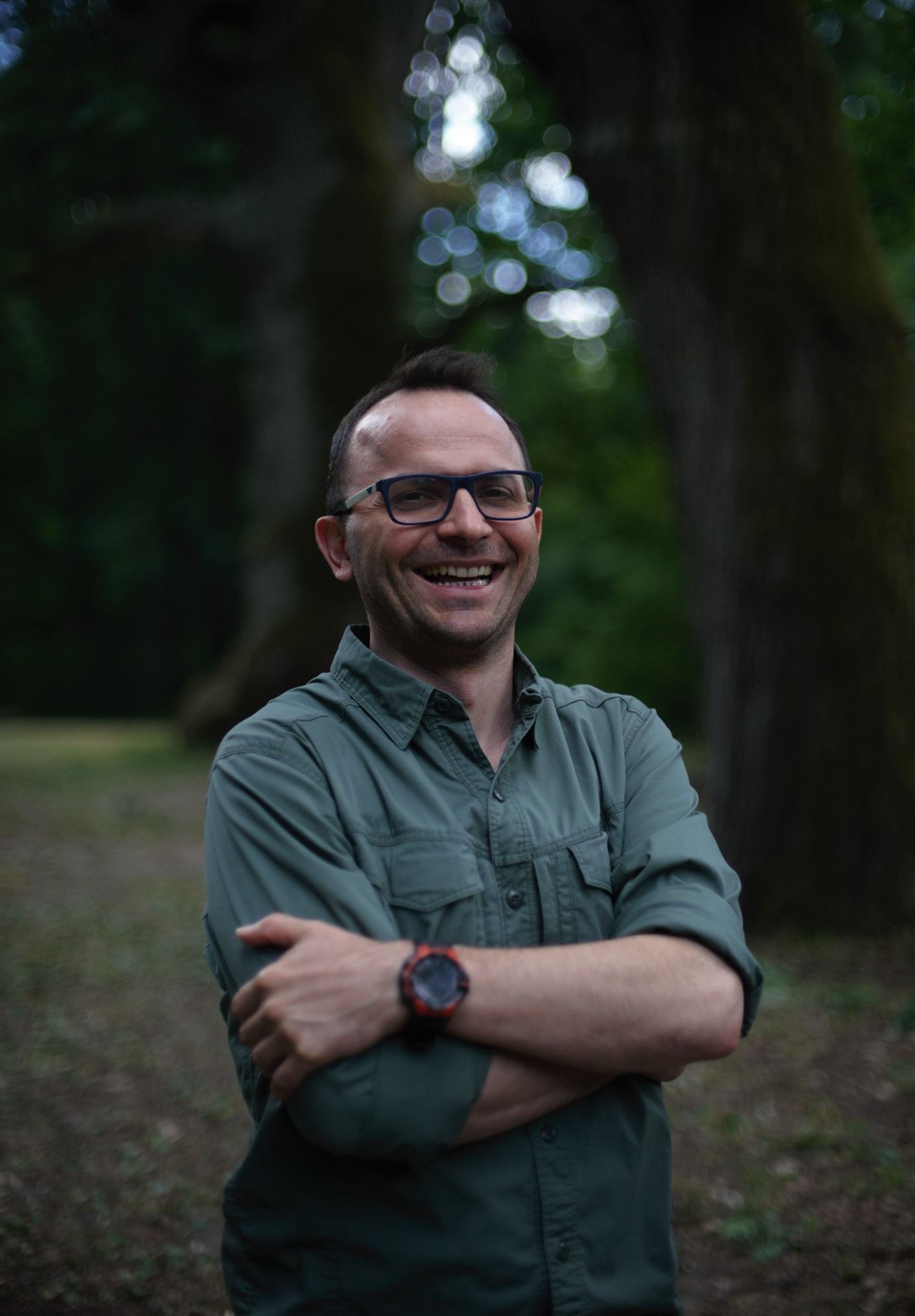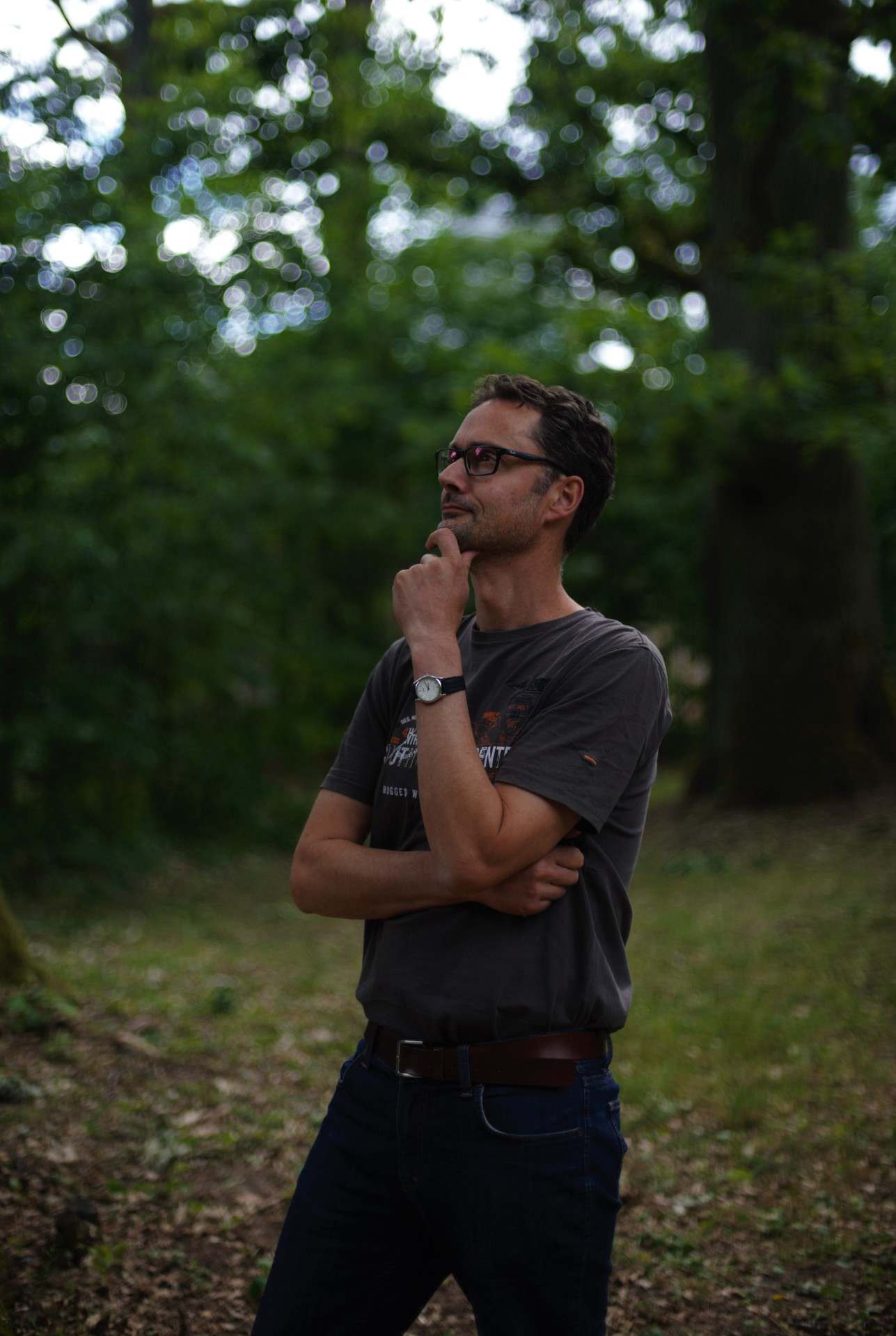
Dr Jakub Bubnicki, co-founder & CEO
mail: kbubnicki@os-conservation.org
Scientist, PhD student at the Mammal Research Institute of the Polish Academy of Sciences. He is interested in the phenomenon of ‘The Fourth Paradigm in Science’ (Data Intensive Science), including possibilities, as well as problems related to the previously unimaginable availability of spatial information on the structure of the natural environment (GIS, aerial and satellite remote sensing, Lidar) and the occurrence and behavior of wild animals in their natural environment (collars GPS, photo-traps). He has good programming skills and is the author of the Trapper software code enabling storage, organization and analysis of photos and videos recorded by camera traps.


